Cyclomune 0.05% is an ophthalmic cyclosporine formulation used to help people with dry, irritated eyes. Cyclomune 0.05% is a topical immunomodulator in a small dropper bottle. It contains cyclosporine A at 0.05% strength. Cyclosporine lowers local inflammation on the ocular surface. That easing of inflammation can let tear glands recover and produce more tears
Key Features
| About Cyclomune 0.05% | |
|---|---|
| Drug Class | Immunomodulator, calcineurin inhibitor |
| Subclass | Topical ophthalmic solution |
| Product Details | |
|---|---|
| Composition | Active ingredients: Cyclosporine 0.05% Inactive ingredients:
|
| Packaging Type | Dropper bottle |
| Pack Size | 3 ml |
| Dosage | Apply 1 drop in the affected eye(s) |
| Therapeutic Class | Dry eye disease, keratitis |
| Action Class | Immunomodulatory, anti-inflammatory |
| Chemical Class | Calcineurin inhibitor |
| Manufacturer | Sun Pharmaceutical |
| Shelf Life | 2–3 years from date of manufacturing |
| Usages | Treats dry eye disease, vernal keratoconjunctivitis |
| Country of Origin | India |
| Storage | Store at room temperature below 30°C; keep away from heat, light & moisture |
How does Cyclomune 0.05% work?
- Cyclosporine is an immunomodulator. Applied as an eye drop, it acts mainly on the surface of the eye.
- It reduces inflammatory signals and quiets T-cell driven inflammation that can damage tear glands and the corneal surface.
- Over weeks to months this reduced inflammation can help the tear film recover and lessen dryness and irritation. This is the same basic mechanism used in licensed cyclosporine products approved by regulators.
Uses
- Moderate to severe dry eye disease that does not respond well to regular lubricating drops.
- Persistent surface inflammation causing reduced tear production.
- Support for the ocular surface after surgery when inflammation is delaying recovery (specialist decision).
Dosage
- Cyclomune is usually supplied in a small sterile dropper (3 ml or similar).
- A common prescription for cyclosporine 0.05% is one drop in each eye twice daily (about 12 hours apart), but your eye doctor may tailor that.
How to use Cyclomune 0.05% step by step
- Wash your hands.
- Tilt your head back and pull down the lower lid to make a small pocket.
- Hold the bottle just above the eye and instill one drop.
- Close your eyes for 30 seconds and blink slowly.
- Wipe away any excess with a clean tissue.
- Replace the cap tightly.
If you use other eye medicines, leave 5–10 minutes between different drops so each one can act. Do not touch the tip of the bottle to the eye — that keeps the drops sterile.
Side effects
Most side effects are local and mild:
- Brief burning or stinging on instillation (common).
- Temporary blurred vision right after a drop.
- Mild irritation or a gritty feeling.
Interactions and other medicines
Topical cyclosporine rarely interacts with systemic drugs. Still:
- Tell your clinician about all eye medicines you use.
- Space other eye drops by 5–10 minutes so each can work.
- If you use topical antibiotics or glaucoma drops, ask how to schedule Cyclomune with them.
Pharmacokinetics
- Cyclosporine acts mainly on the ocular surface and glands.
- Minimal systemic absorption is very little, if any, cyclosporine reaches the bloodstream after eye instillation. Clinical labels and reviews report no meaningful systemic accumulation with typical topical use.
- Benefits are additive over weeks. Symptom relief may begin in weeks but full effect often needs months.
- Excess liquid drains through the tear ducts and is cleared by normal tear drainage.
Precautions in special groups
- Pregnancy & breastfeeding: Use only on medical advice. Systemic exposure is minimal, but discuss risk/benefit with your clinician.
- Children: Some cyclosporine products have pediatric approvals; use only with pediatric guidance.
- Contact lens wearers: Check the pack or ask your eye doctor. Some formulations advise removing lenses before instilling drops.
Conclusion
Cyclomune 0.05% works by calming inflammation on the eye surface. That calming can let tear production recover and reduce chronic dryness symptoms. It is a specialist step after lubricants when dry eye persists. Follow your prescriber’s instructions, watch for local irritation, and seek urgent care for severe pain or vision change.
References
https://pmc.ncbi.nlm.nih.gov/articles/PMC4420022/
https://pmc.ncbi.nlm.nih.gov/articles/PMC6612764/

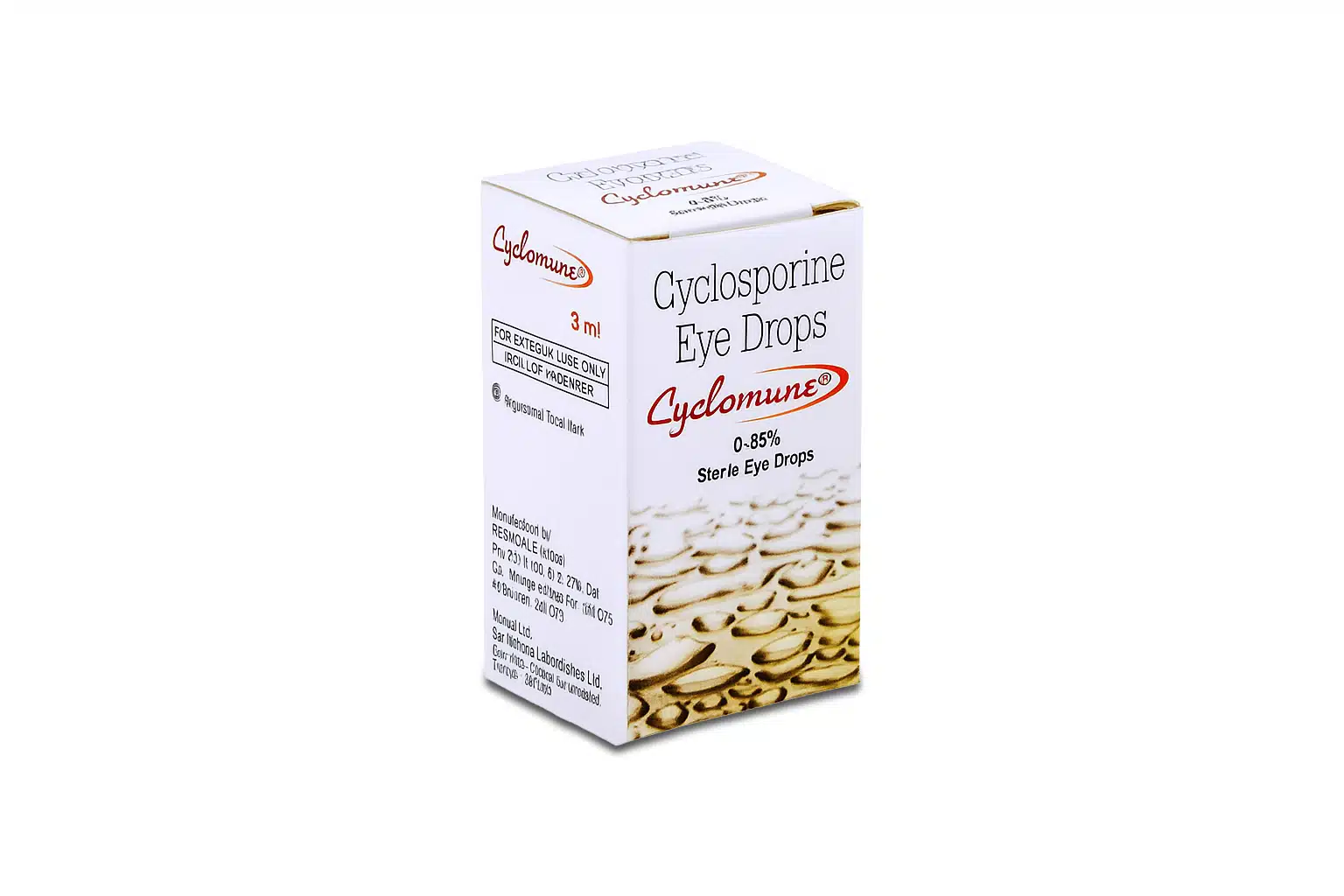
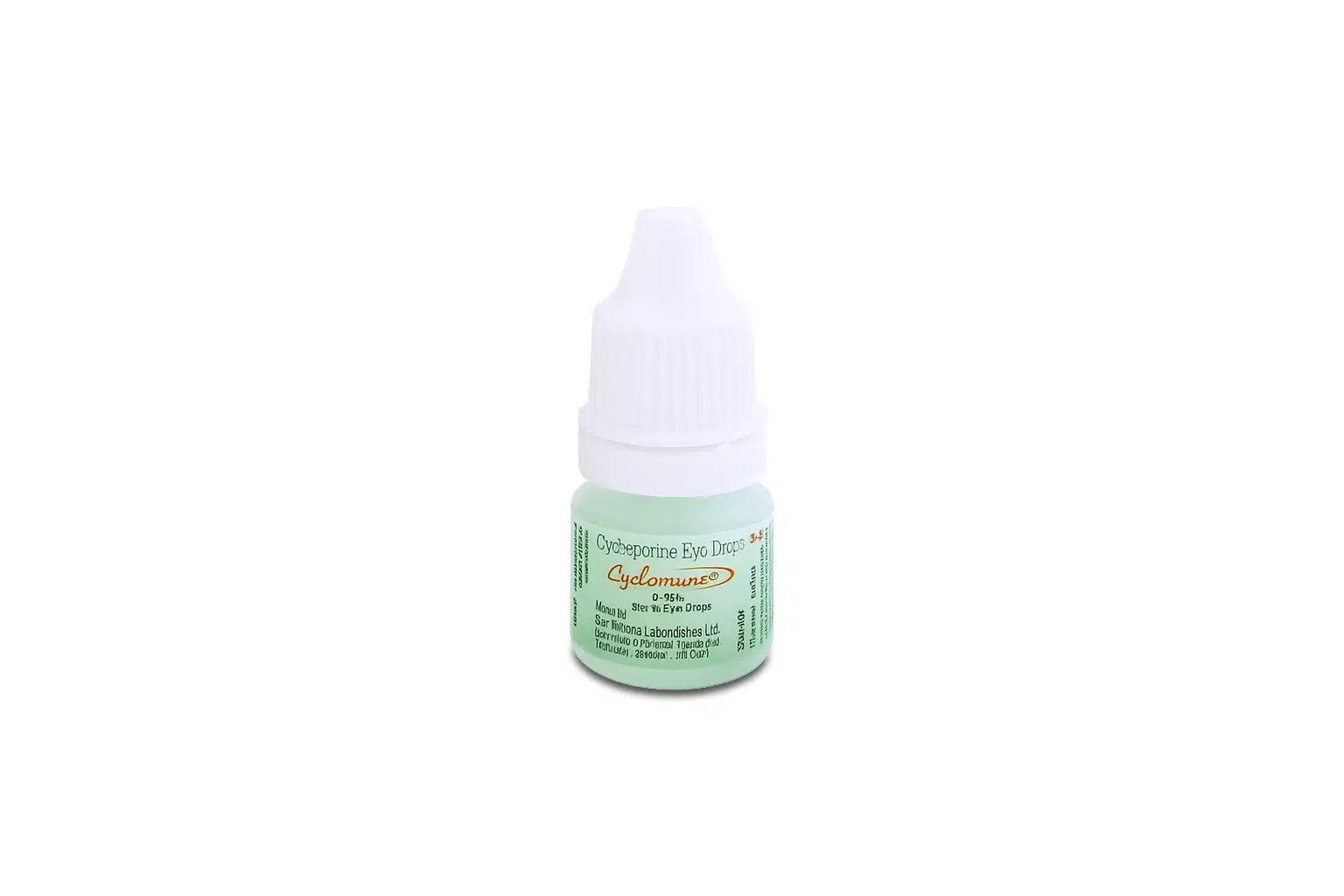
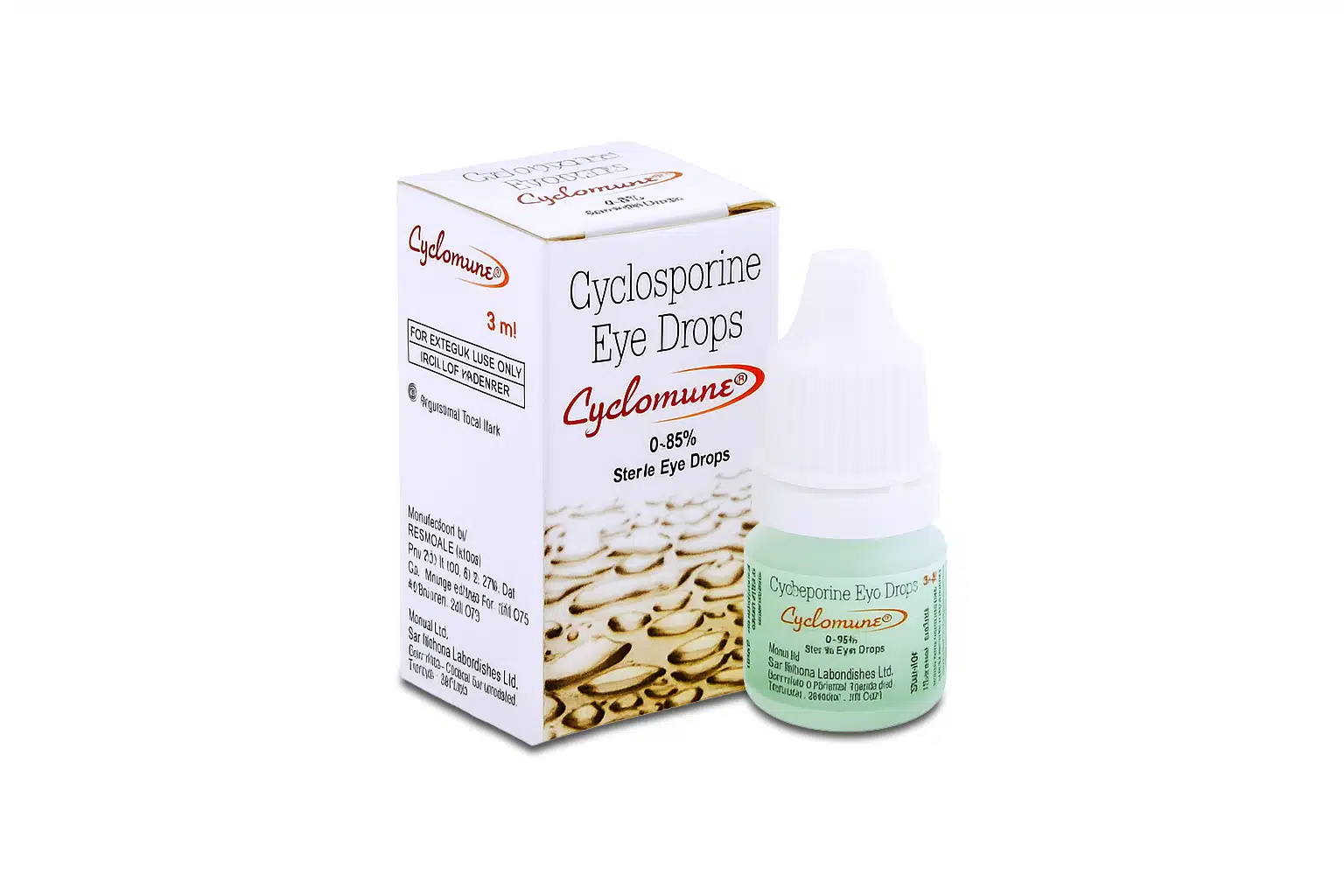
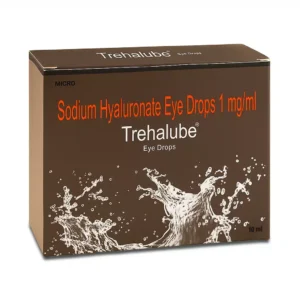
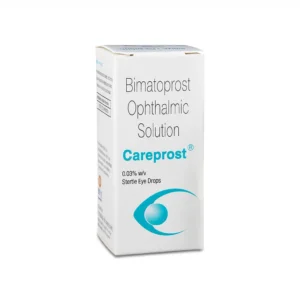
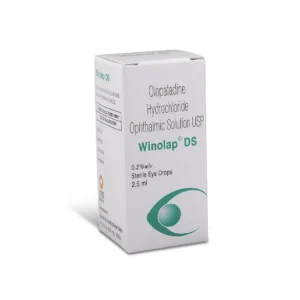
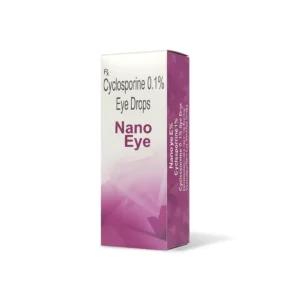
Lorenzo Bianchi –
My doctor recommended it for dry eye problems related to allergies. It’s not instant relief, but after a month of regular use, my eyes feel way less itchy and irritated